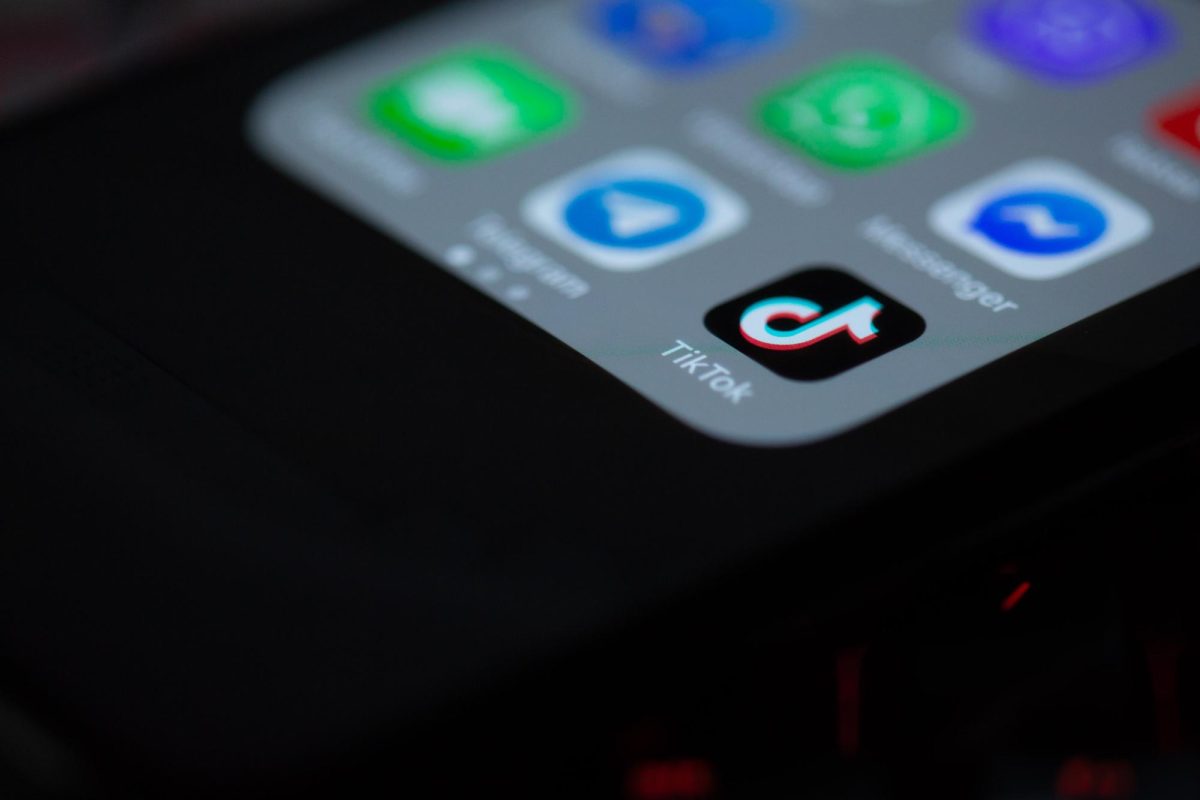Last updated on Sept. 21, 2024 at 07:21 p.m.
President Joe Biden enacted a $95 billion national security package on Wednesday, which includes a provision to ban TikTok in the United States if China-based parent company ByteDance fails to divest in the app.
Biden signed the bill into law following the Senate’s 79-18 decision Tuesday night, with 15 Republicans and three Democrats voting against it.
ByteDance must decide to either sell their U.S. assets entirely or lose access to their 170 million users in the U.S. They have nine months to figure out a plan, which could be extended another three months by President Biden if substantial progress is observed.
This decision was driven by the widespread fear of surveillance from China among United States legislators. Senator Marco Rubio, R-Fl, Vice Chairman of the Senate Intelligence Committee, said that the bill’s passing will bring a much-needed change to the country.
Get The Daily Illini in your inbox!
“For years, we’ve allowed the Chinese Communist Party to control one of the most popular apps in America that was dangerously shortsighted,” Rubio said. “A new law is going to require its Chinese owner to sell the app. This is a good move for America.”
However, this law is far from a decisive move. A myriad of problems could arise during the processing period and even after.
TikTok’s price creates a barrier to purchase, considering the U.S. portion alone is estimated to be worth tens of billions of dollars. Despite this, several potential buyers have aspirations to leap on the opportunity.
“It’s the largest entertainment and business network in America as it stands today, so it’s of great interest and great value,” said former “Shark Tank” judge Kevin O’Leary. “It’s a very interesting deal, and I like it.”
TikTok and the Chinese government are in firm opposition to such a sale and have plans to inhibit this process from getting that far.
A TikTok spokesperson said in a statement that the ban “would trample the free speech rights of 170 million Americans, devastate seven million businesses and shutter a platform that contributes $24 billion to the U.S. economy annually.”
In concurrence with TikTok, the Chinese commerce ministry intends to challenge the law.
On Friday, the Cyberspace Administration of China indirectly retaliated against the bill by catalyzing a removal of Meta’s WhatsApp and Threads from its App Store, according to Apple. The government mirrored the U.S. Congress in citing national security concerns as their reasoning.
Other U.S. officials took dissenting positions to the ban, claiming that the loss of the app would do more harm than good.
“We have people, communities that are able to organize, that are able to meet, that are able to find space for their businesses to grow (on TikTok),” Representative Summer Lee said. “We need to actually think about what the consequences of that are, not political consequences alone.”










